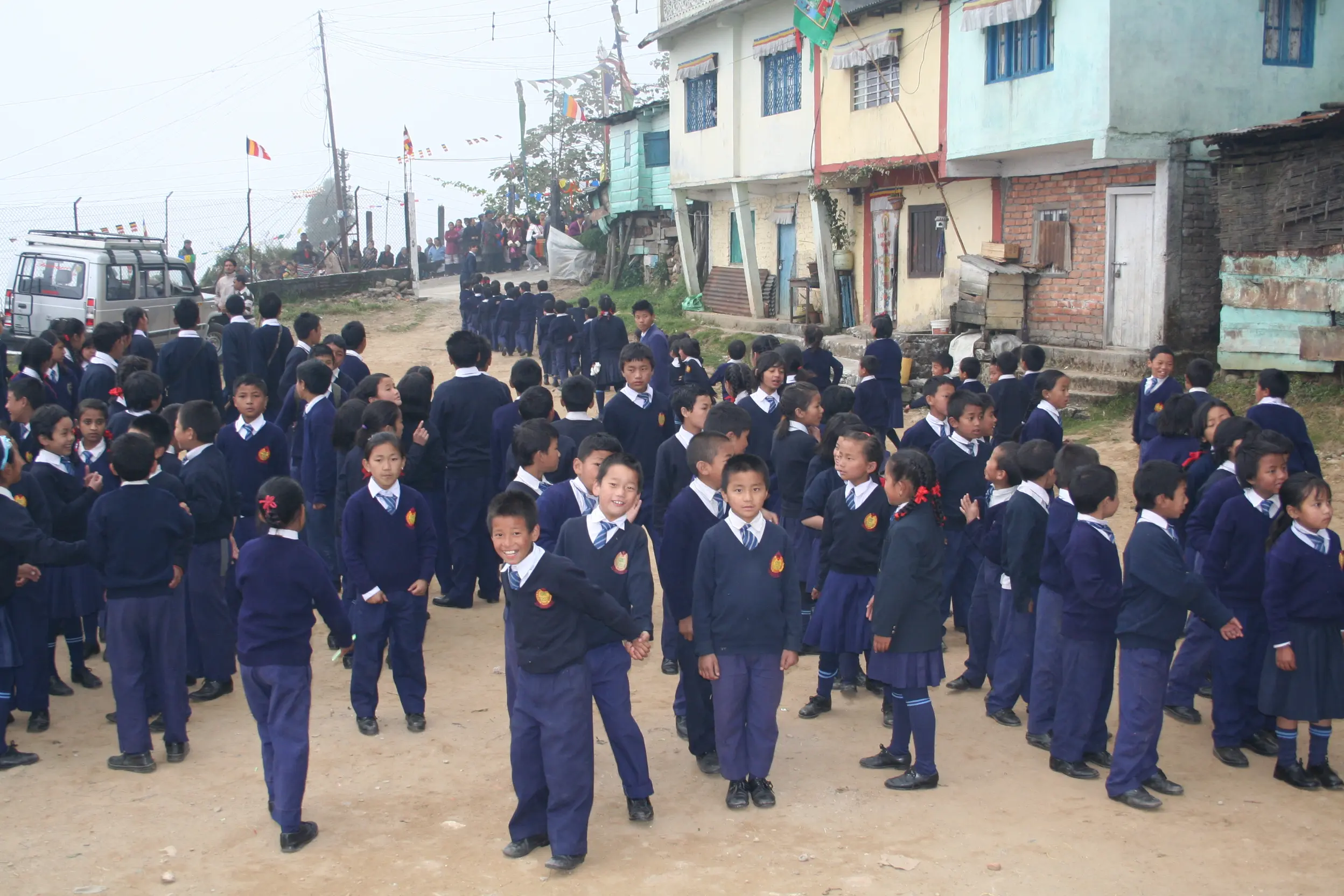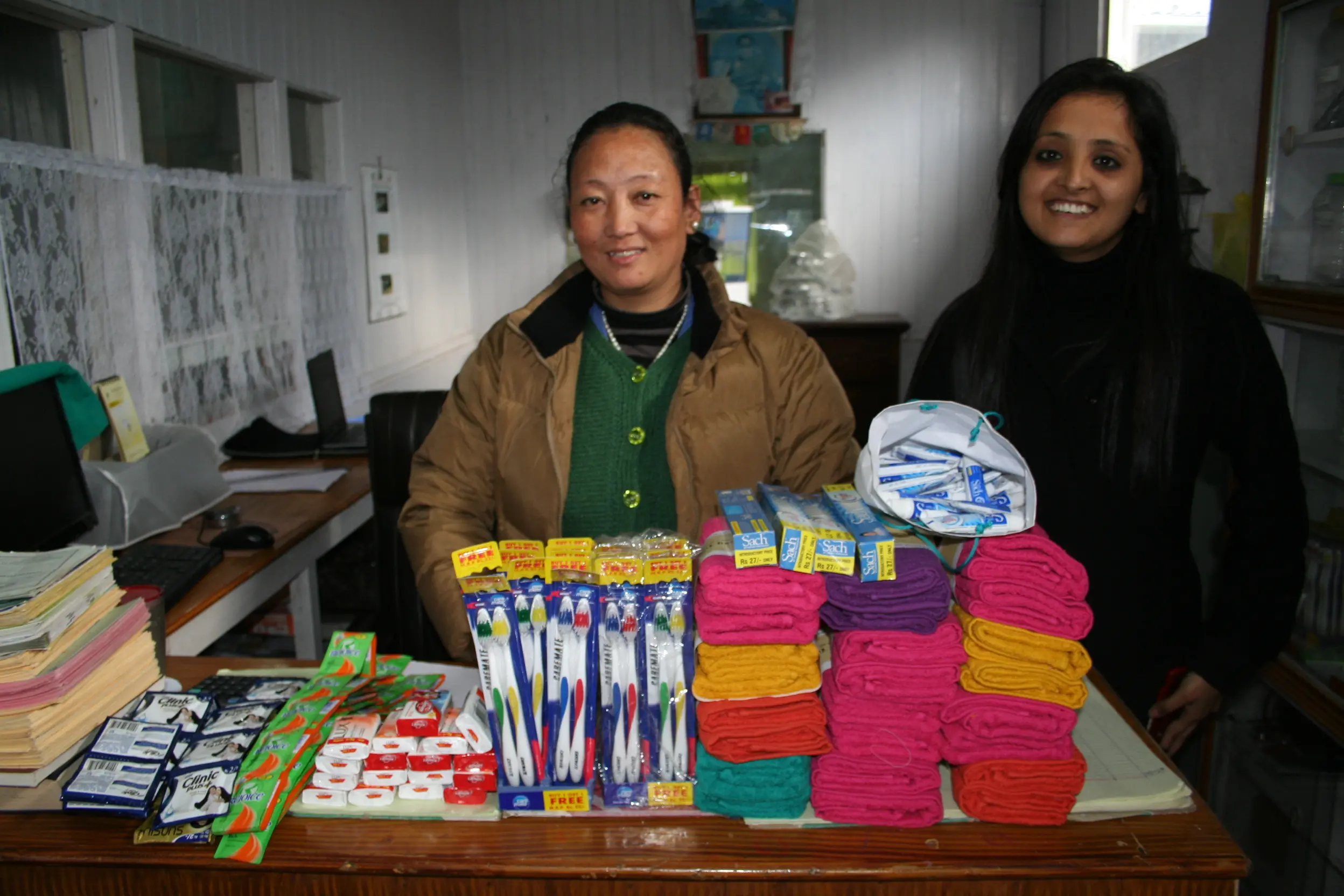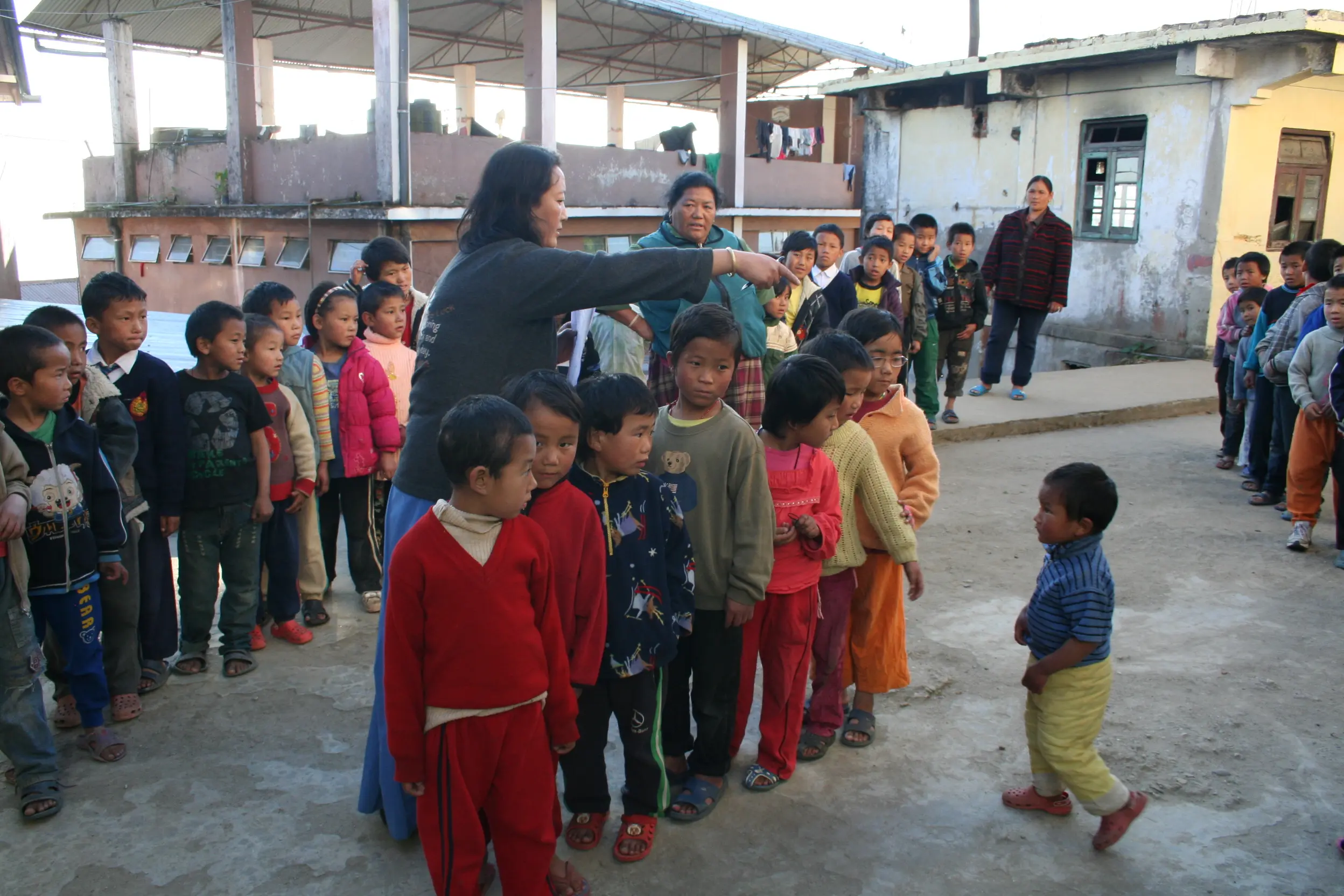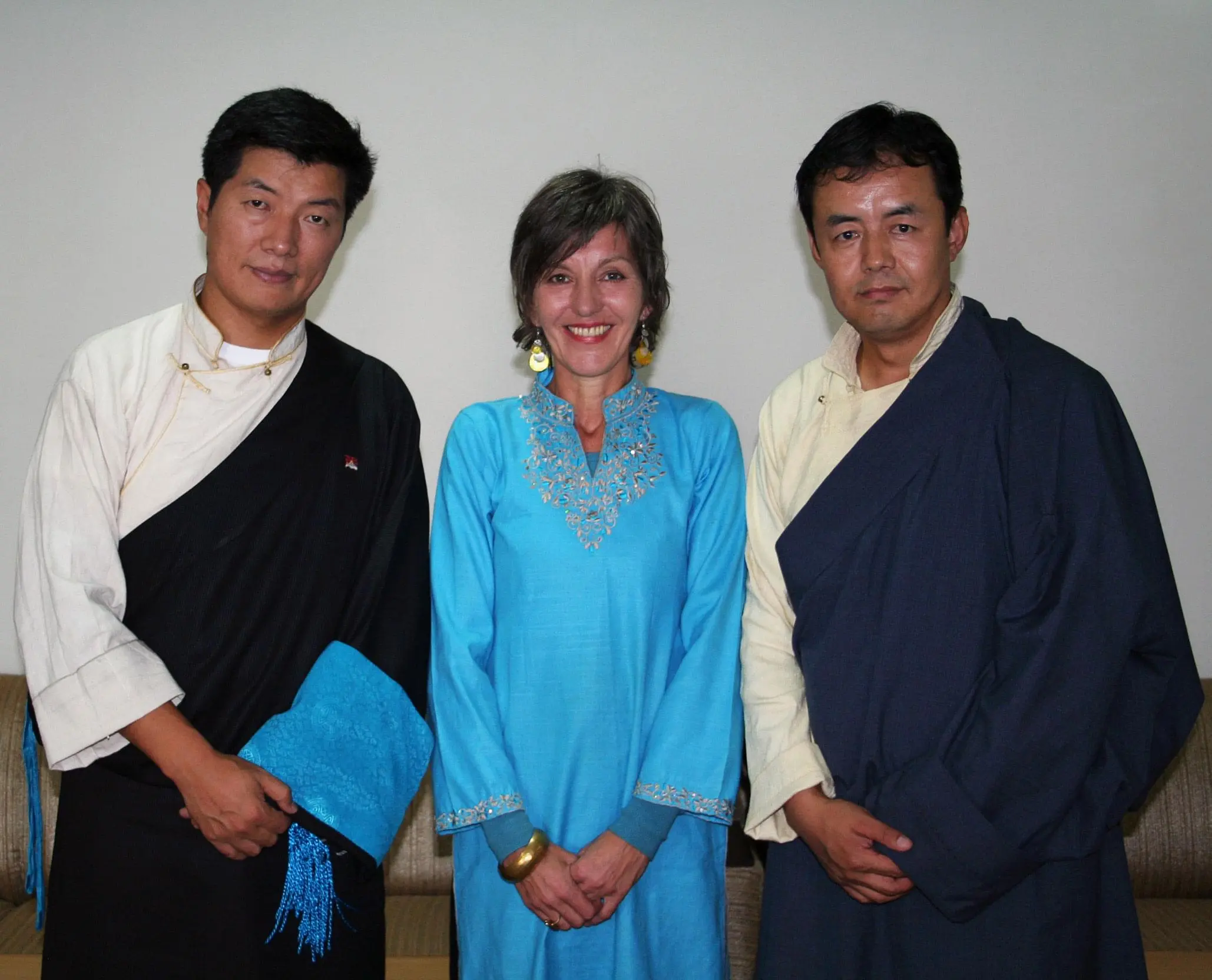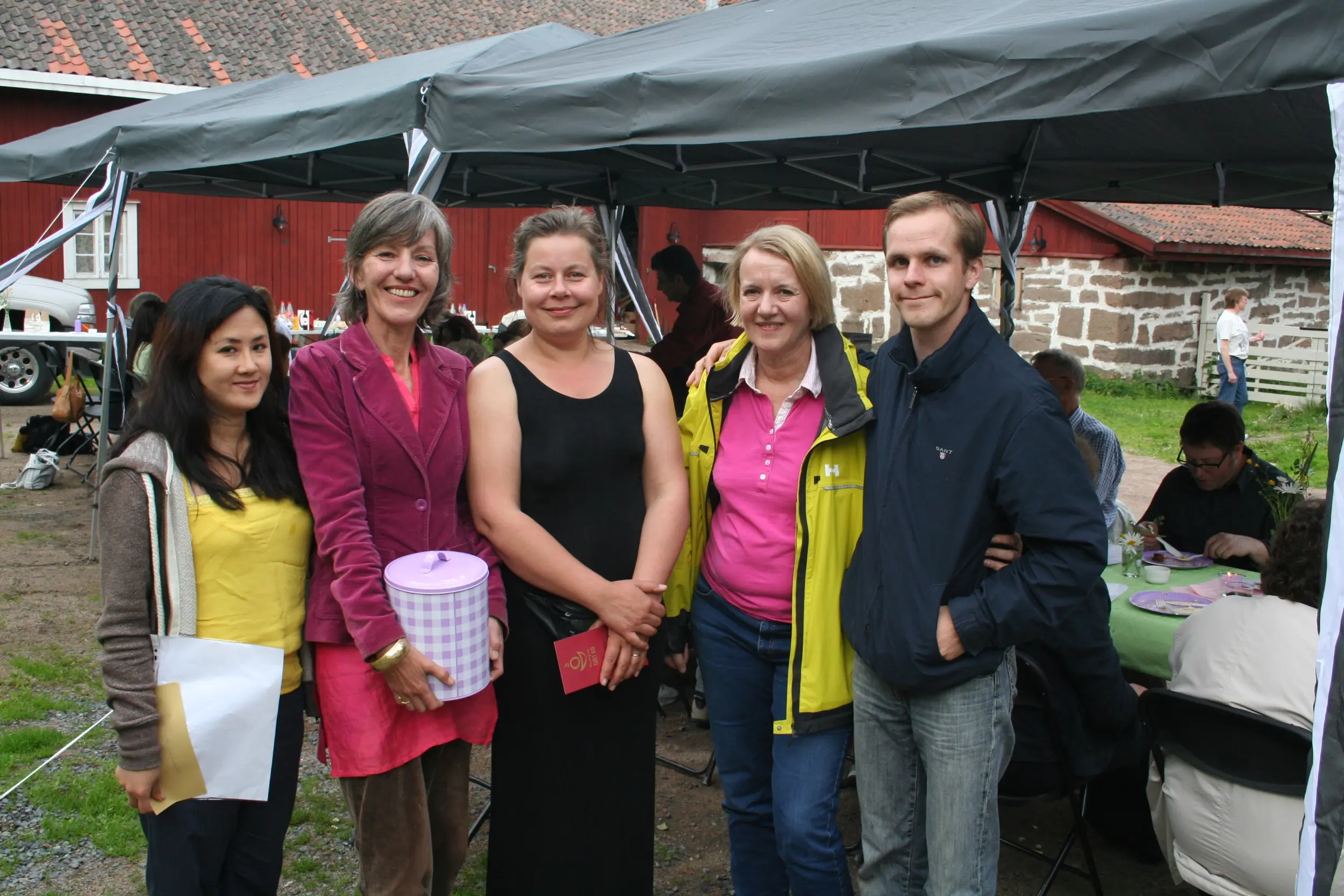Just arrived in Delhi, starting my 9 month trip to India to work for Shenpen Tibet Aid. Yesterday, just before leaving Oslo, I wanted to withdraw cash from the ATM-machine, but got the message that my card was “invalid”, the same card I had just used to pay for the airport train. It somehow had gotten “demagnetized” at the most crucial moment…. Desperately calling the bank while boarding the plane, a very kind young Norwegian lady spontaneously gave me a hundred dollars, enough to get me through the first days in India. Thank you Lene! As soon as I get contact with the bank, you will get your money back!
Arriving in Delhi in the middle of the night, I realized I had forgotten to get the name of the Tibetan settlement where I would go to spend the night, I saw a Tibetan monk in the airport, and asked him for directions. Just come with us, he said, and there I went with a bunch of monks in the taxi, who put me up in an hotel room at 03.00 in the morning. What luck, and the funny thing was that this monk, Yeshe, actually knows Lama Changhcub, the leader of Shenpen, and has been to Norway! He sends his regards.
